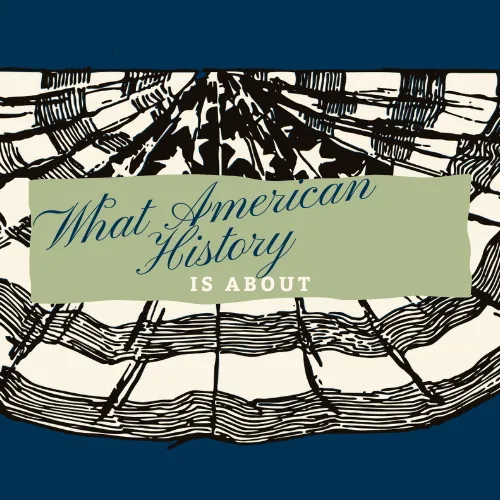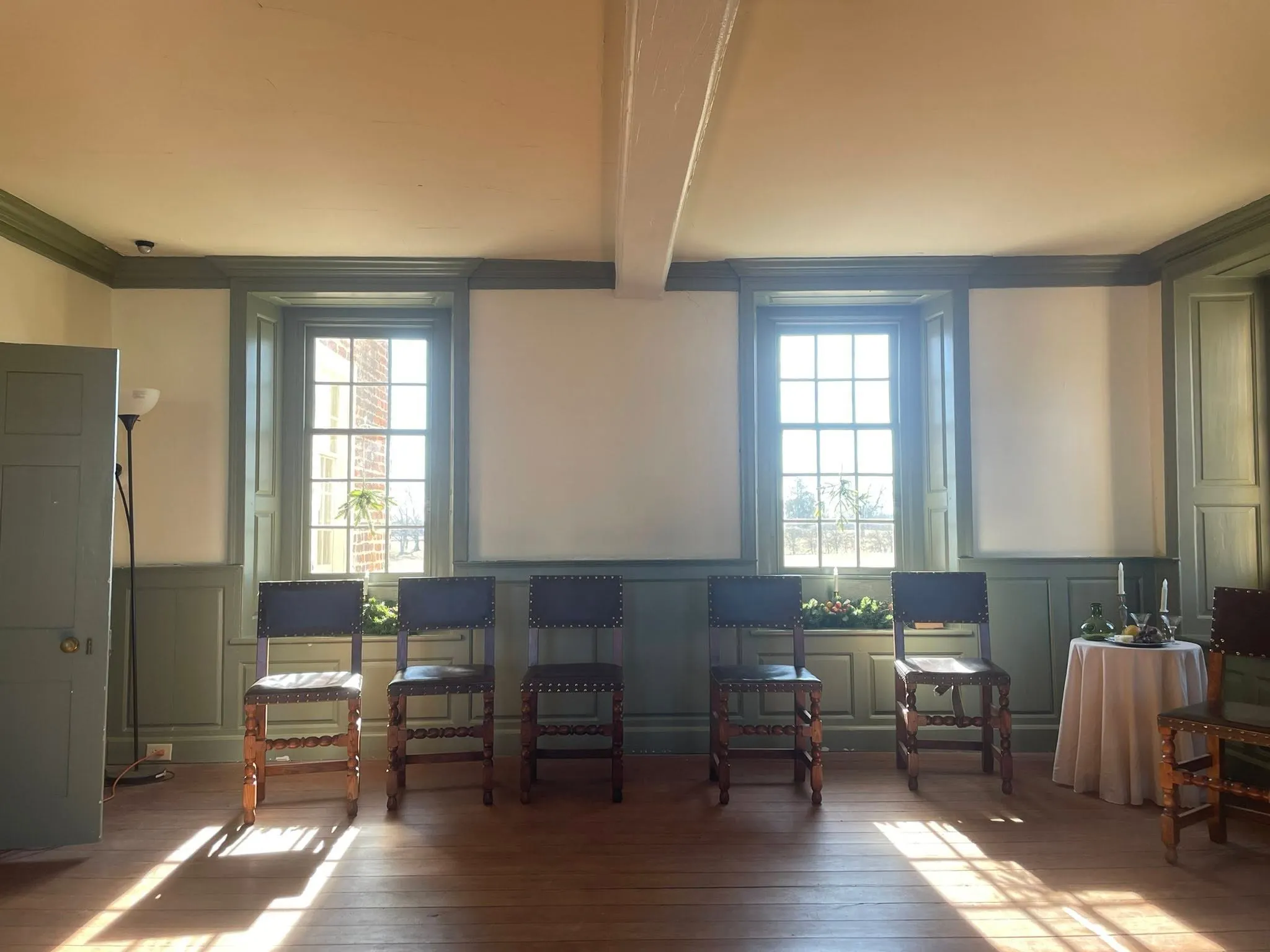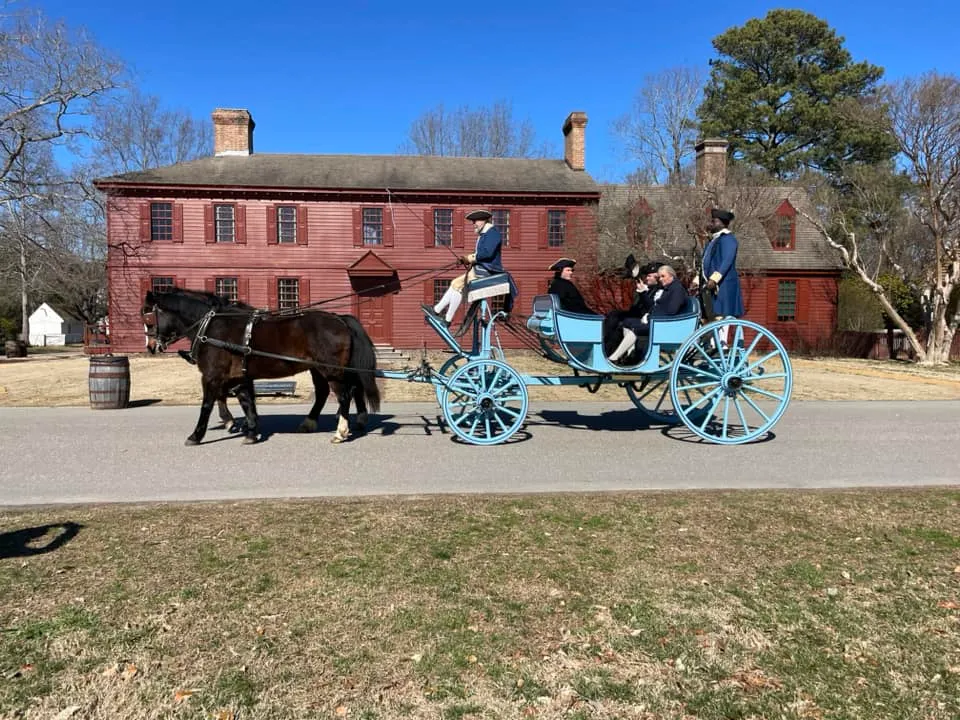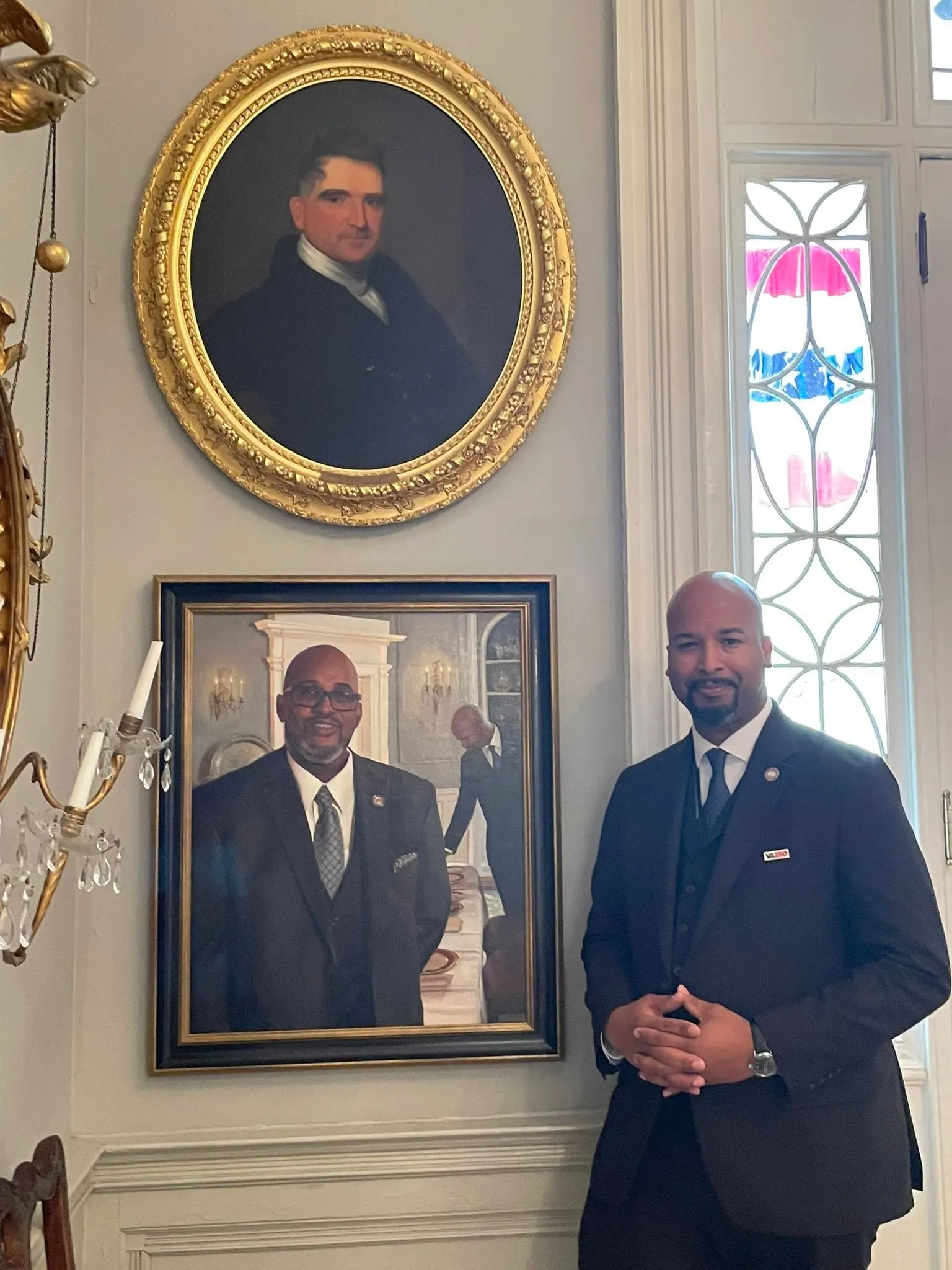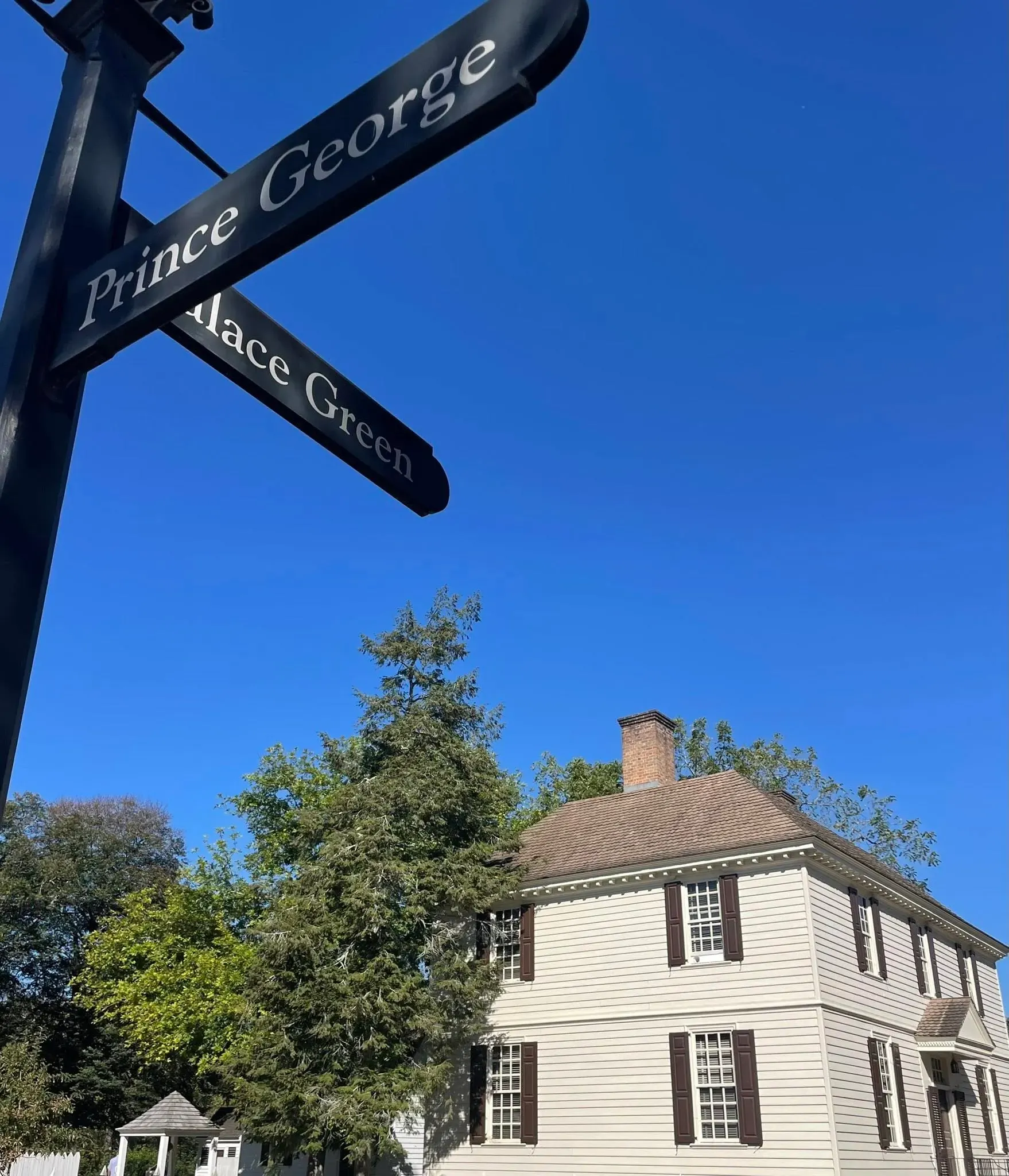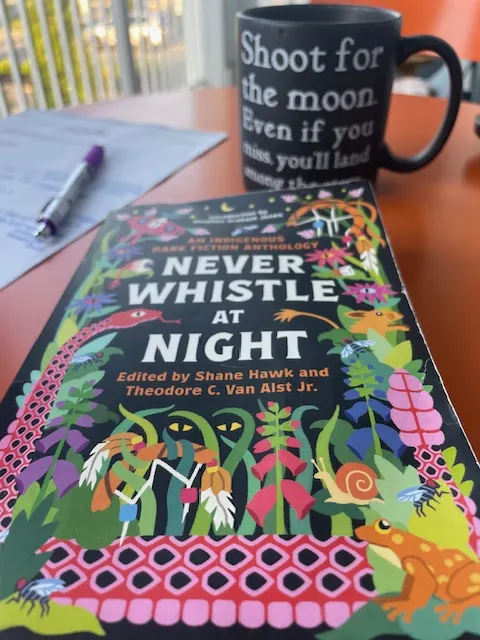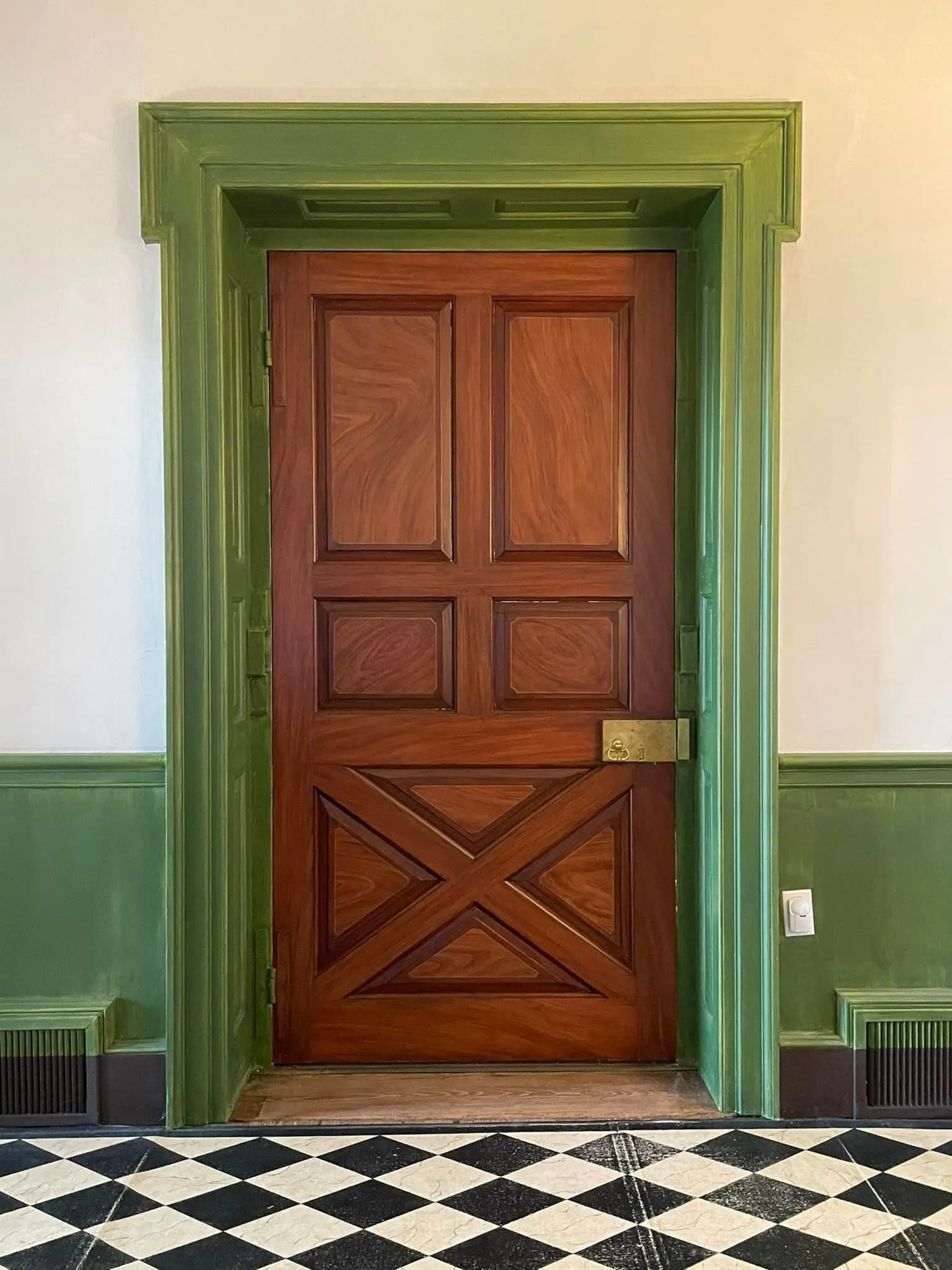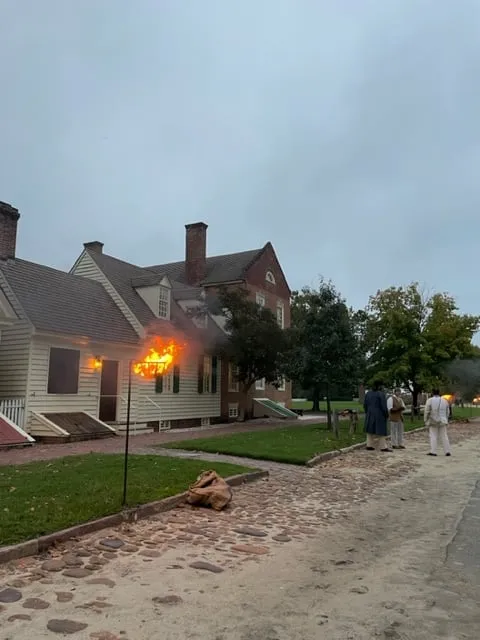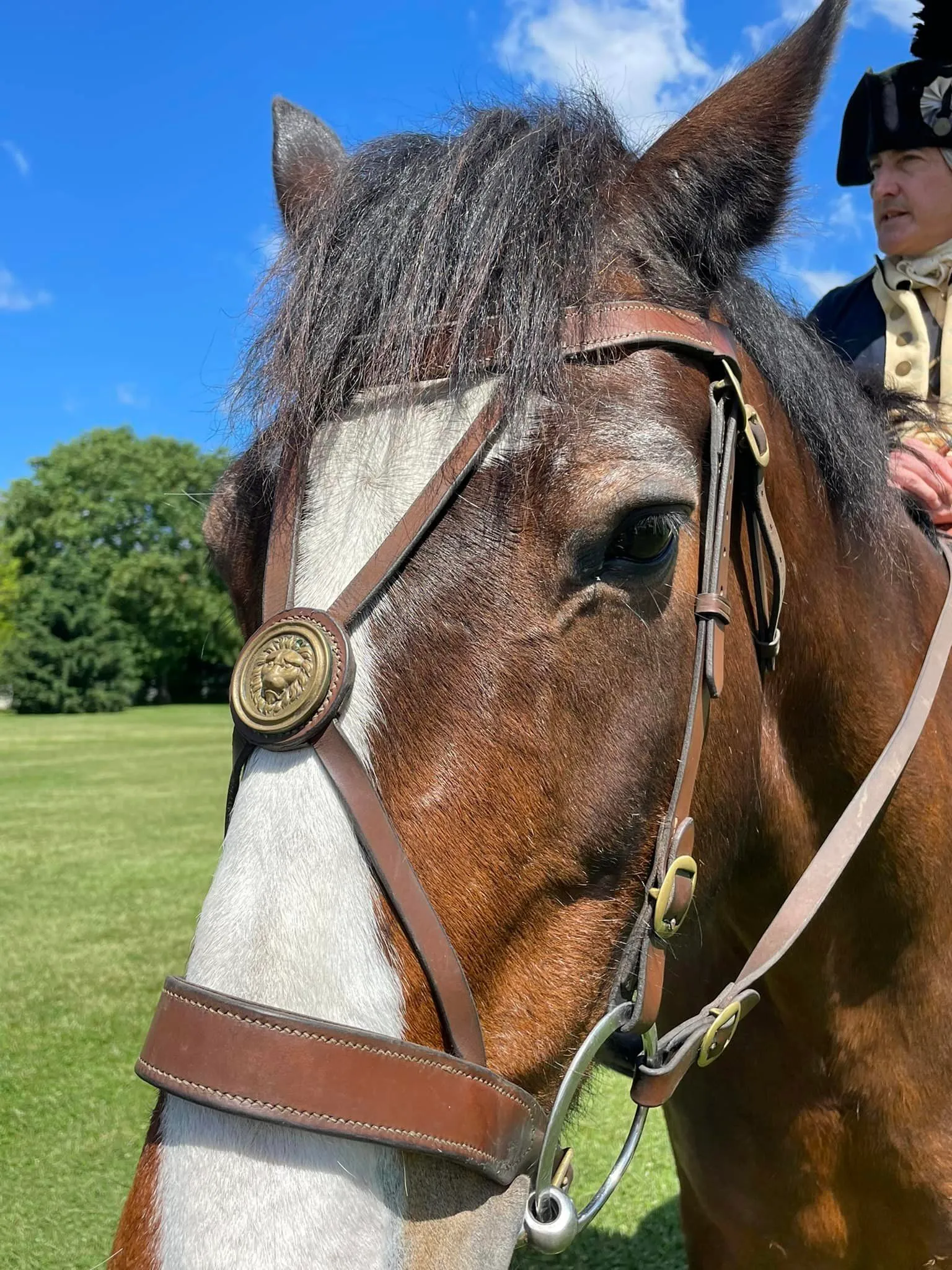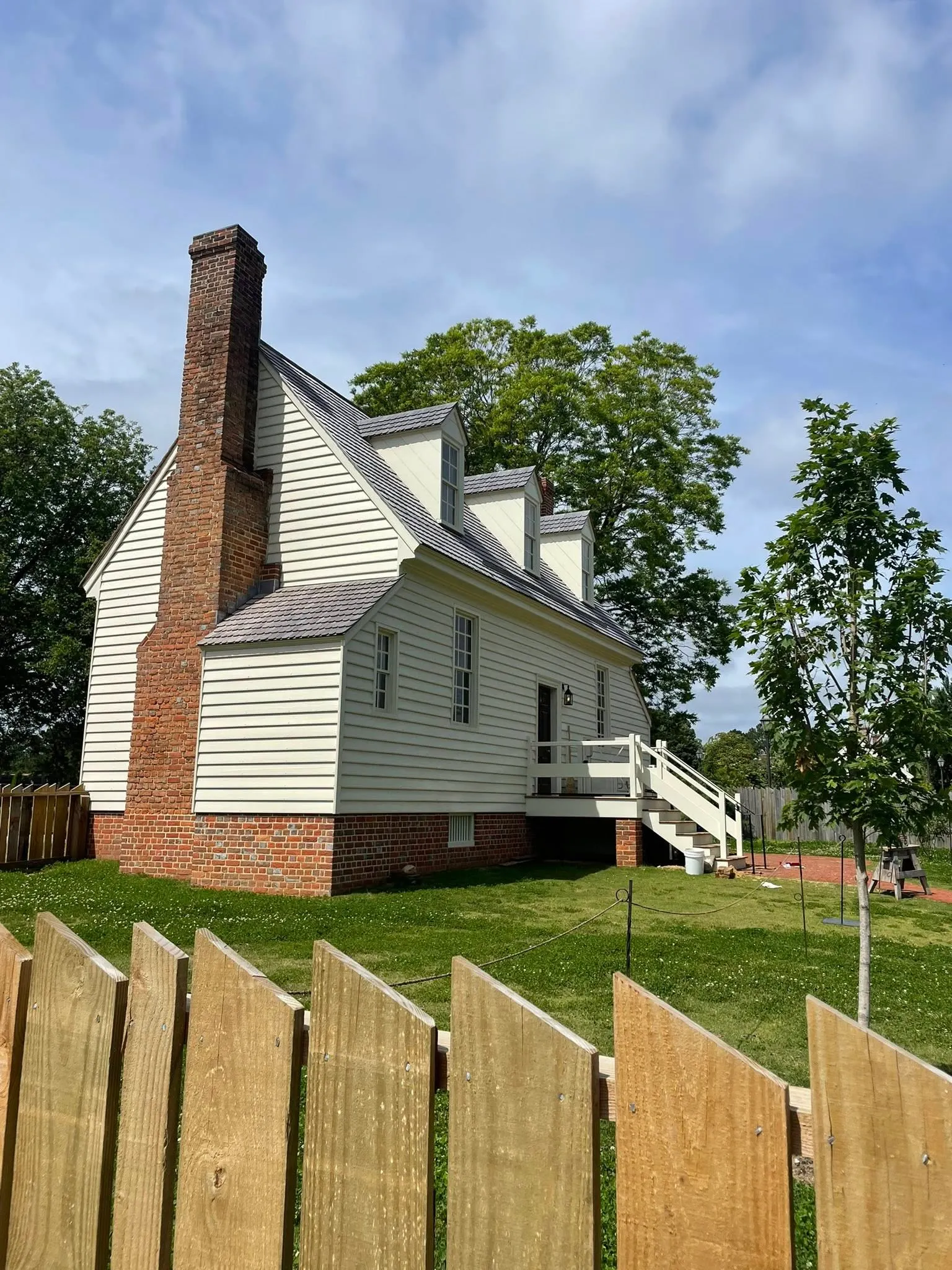Honor the Frenchman Who George Washington Cherished as a Lifelong Friend This 4th of July!
The French role of our independence starts with Lafayette in my opinion.
Marie-Joseph-Paul-Yves-Roch-Gilbert du Motier, who is often recognized more commonly as the Marquis de Lafayette. dove headfirst into our American Revolution (war).
And without him, I personally question what the United States of America would look like today.
I’m dropping my disclaimers early in this post because it’s important to know that the majority of what I’ve learned has been here in Colonial Williamsburg, where primary sources rule historical reference, but I may not know the latest and greatest information and am certainly not an expert or academic historian.
What I can do: be a critical thinker and study everything possible at the largest history museum in the world, where I live.
It’s from this perspective I come to my conclusions about Lafayette and the belief we need to give thanks to him not just as America’s Independence Day comes up next week, but every day actually.
Affiliate Disclaimer: As a blogger, I use affiliate links sometimes! I may receive commission from purchases I share; it does not change your price but sometimes you might get a discount.
Meet the Marquis de Lafayette.
As I always say about the people of history, they were human. And, therefore, complex. No one is one-dimensional, no matter that for which the textbooks have chosen to remember them.
If you want to study a complex human, the Marquis is a fantastic example. Family legacy, husband, father, soldier, leader, and a man who defied his King. He was known to say he has two countries: France and the United States of America (U.S).
You’d find it difficult to visit a city, state, or region in the U.S. without something named after the French aristocrat who at age 19, smuggled himself across an ocean to join a fight in a cause he believed in.
Yes: what I’ve learned in many presentations here in Williamsburg by the fantastic Colonial Williamsburg actor/interpreter/historian Mark Schneider, is that after a dinner party attended by the Duke of Gloucester, Lafayette's passion to support the idea of liberty in the U.S. was ignited.
He had cash, a title, and the ability to buy a ship: La Victoire (a perfect name!). Disguising himself as a merchant, he took it over to Spain and then to America. This was all after he approached his King, who (and I’m paraphrasing of course!) told him to stay out of it. To avoid conflict with England!
Because at this point in history, France and England were not fighting officially (and they often were).
Clearly, Lafayette's passion for the ideas being formed here in Virginia and throughout the colonies won out.
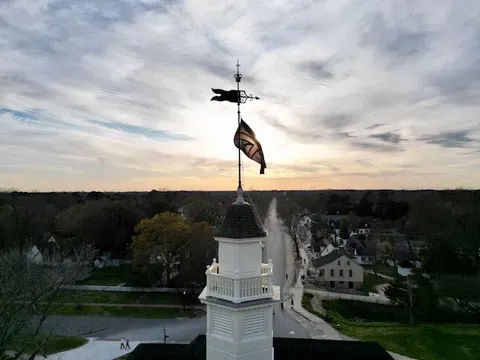
Photo credit, Tom McAuliffe, view over Williamsburg.
It wasn’t an easy road for Lafayette.
Both literally and figuratively, according to Schneider’s interpretations, Lafayette’s journey into our military force was difficult!
· King Louis XVI told him to steer clear of our effort.
· He was reported to have been seasick almost every day of his 8-week journey to America.
· The first Americans he encountered when landing on our shores at Georgetown South Carolina mistook him for an Englishman and almost killed him.
· He had to travel from South Carolina to Philadelphia ---in the heat of summer.
· He almost lost his leg to a musket wound on September 11, 1777 at Brandywine, his first battle during our war and one that Washington lost.
And until he offered to serve at his own expense, Congress told him “no” to being part of our army.
Thank goodness for his persistence and our ultimate victory!
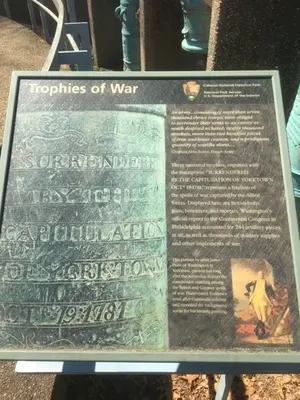
In addition to being a military leader that played a pivotal role in many battles including Yorktown, his brash initial defiance of his King seems to have led to the ultimate support for the patriots by the French.
Without their men, resources, and importantly their Navy, England would have had more of an edge in the Revolution- no doubt.
France was the first country to recognize the United States of America. And Lafayette was integral in the events that brought it all about.
And also without a doubt, their influence was seen throughout the colonies- even in the food!

Dish prepared by the staff at CW's Palace Kitchen
Washington held Lafayette in high regard, so should we.
Our first President remained friends with Lafayette after the war. There were visits and of course, letters between the two.
In October of 1789, Washington wrote these words, which you can read in it’s full context of a letter by clicking here.
“The revolution, which has taken place with you, is of such magnitude and of so momentous a nature that we hardly yet dare to form a conjecture about it. We however trust, and fervently pray that its consequences may prove happy to a nation, in whose fate we have so much cause to be interested and that its influence may be felt with pleasure by future generations.”
Every day, living here in Williamsburg, I’m reminded of American history, in every aspect. Including that history is made up of humans (who were complex) as well as all the “things” they created, the buildings they designed, and even the mundane parts of their daily life- it all fascinates me (thus this blog, right?!).
As we celebrate this July 4th of 2023 and all future ones, please remember our French hero, the Marquis de Lafayette, and honor all who lost their lives in the pursuit of the freedom we enjoy today in the fantastic United States of America!
RELATED: A children's book discussing this friendship.
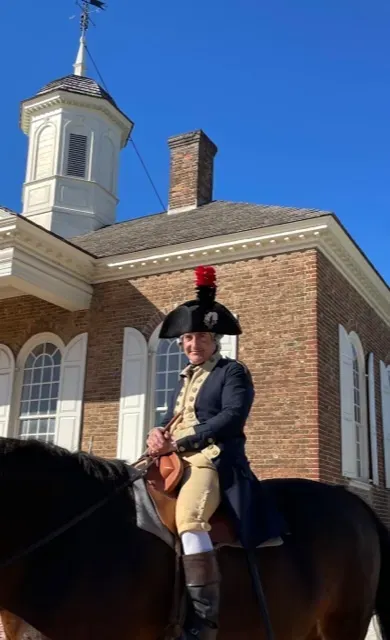
Mark Schneider portraying Lafayette.
Closing note about 2024 and the Marquis de Lafayette’s 1824 American visit.
2024 marks 200 years since Lafayette’s return to the U.S. at the invitation of President Monroe almost 50 years after the war. At that point in history, Lafayette was the last surviving Major General of the war.
His continued efforts to support liberty includes passionate endeavors (as written in this letter to Washington) of freeing the enslaved as well as writing initial drafts of the 1789 French Declaration of the Rights of Man and of the Citizen, with the help of Thomas Jefferson. It’s no wonder it looks familiar and is something you can hear more about on the streets and in presentations here in Williamsburg.
I’ve heard a rumor (I think it’s a solid one!) that Mark, our Marquis, will be doing a tour based on the 1824 tour.
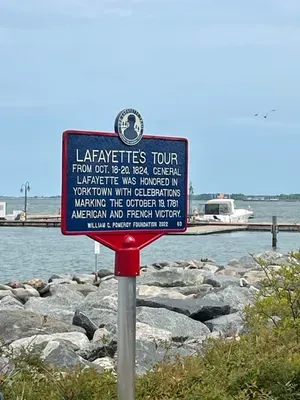
We were in attendance at the ceremony dedicating this marker.
I’ve even seen a costume designed specifically for the time period. Stay tuned and if you’re near one of the cities that will be celebrating, please participate in any and all events!
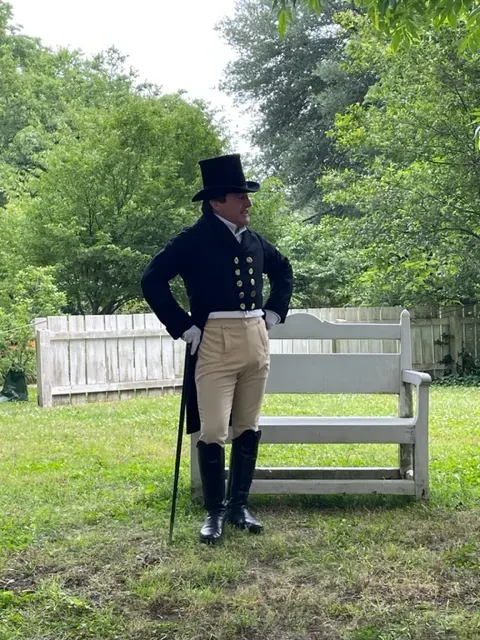
Mark Schneider in his 1824 costume.
Are you enjoying the blog? Use my online tip jar and buy me a coffee:
There is a huge practical disclaimer to the content on this blog, which is my way of sharing my excitement and basically journaling online.
1) I am not a historian nor an expert. I will let you know I’m relaying the information as I understand and interpret it. The employees of Colonial Williamsburg base their presentations, work, and responses on historical documents and mainly primary sources.
2) I will update for accuracy as history is constant learning. If you have a question about accuracy, please ask me! I will get the answer from the best source I can find.
3) Photo credit to me, Daphne Reznik, for all photos in this post, unless otherwise credited! All photos are personal photos taken in public access locations or with specific permission.
